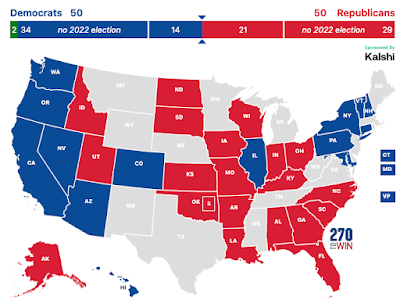Campaign Finance, PACs and the Paradox for Candidates
In last night’s Massachusetts Gubernatorial debate, the moderator pushed Charlie Baker to denounce an ad run by the Commonwealth Future Political Action Committee. The television spot criticizes Martha Coakley for defending the Commonwealth in a law suit against the Department of Children and Families.
Baker did not denounce it. I’ll leave it others to criticize or endorse his position (Erin O’Brien scored the exchange as a win for Coakley), I would argue that Baker should not have to be in this position in the first place. It would be better if he did not have to answer for the behavior of a group unaffiliated with his campaign.
Since the Citizens United decision in 2010, there's been plenty of hand wringing on the topic of
campaign finance. Critics think there’s too much money in politics, a chorus
that has only gotten louder (For example: Norm Ornstein on “how dangerous unregulated campaigns can be” for judicial politics). But this outrage runs against a maxim
of politics: no matter what the rules are, the money will make its way in.
Instead of pushing for reform that tightens the campaign
finance system – with more limits on individual contributions or reporting
requirements that require PACs to disclose their donors—we should go in the
opposite direction. Remove campaign finance limits and give candidates control.
Like it or not, the Supreme Court has ruled that political
spending is “speech” and is protected by the first amendment. Acknowledging
this reality, a better goal for campaign finance policy is to assign responsibility where it should lie, with the candidates that benefit from the money. The current system puts the responsibility on regulators and bureaucrats to maintain an even playing field. I would rather let the voters decide.
If PACs were able to give directly to candidates, there would be less shadowy groups running around behind the campaigns' back. And it would be better for campaigns; they have strategies, and they understand public opinion. They wouldn't put out such a deplorable ad if it had the candidate's face attached.
This policy would not get rid of negative campaigning
(nor should it, negativity can be good for politics, see here). Nor would this
necessarily lead to more polarization (see Bert Johnson on how individual contributions aid extremists, not large access-oriented money)
The current system is paradoxically the worst of both worlds. There’s
plenty of money being spent (both the Obama and Romney campaigns were billion
dollar operations in 2012*), but there’s little accountability. At least bring
this activity into the light so the voters can evaluate candidates and judge
for themselves.
(*Also, think about what you're seeing on television right now. The airwaves are already saturated with political ads; do you even notice them? Do you think more spending would even make a difference?)


